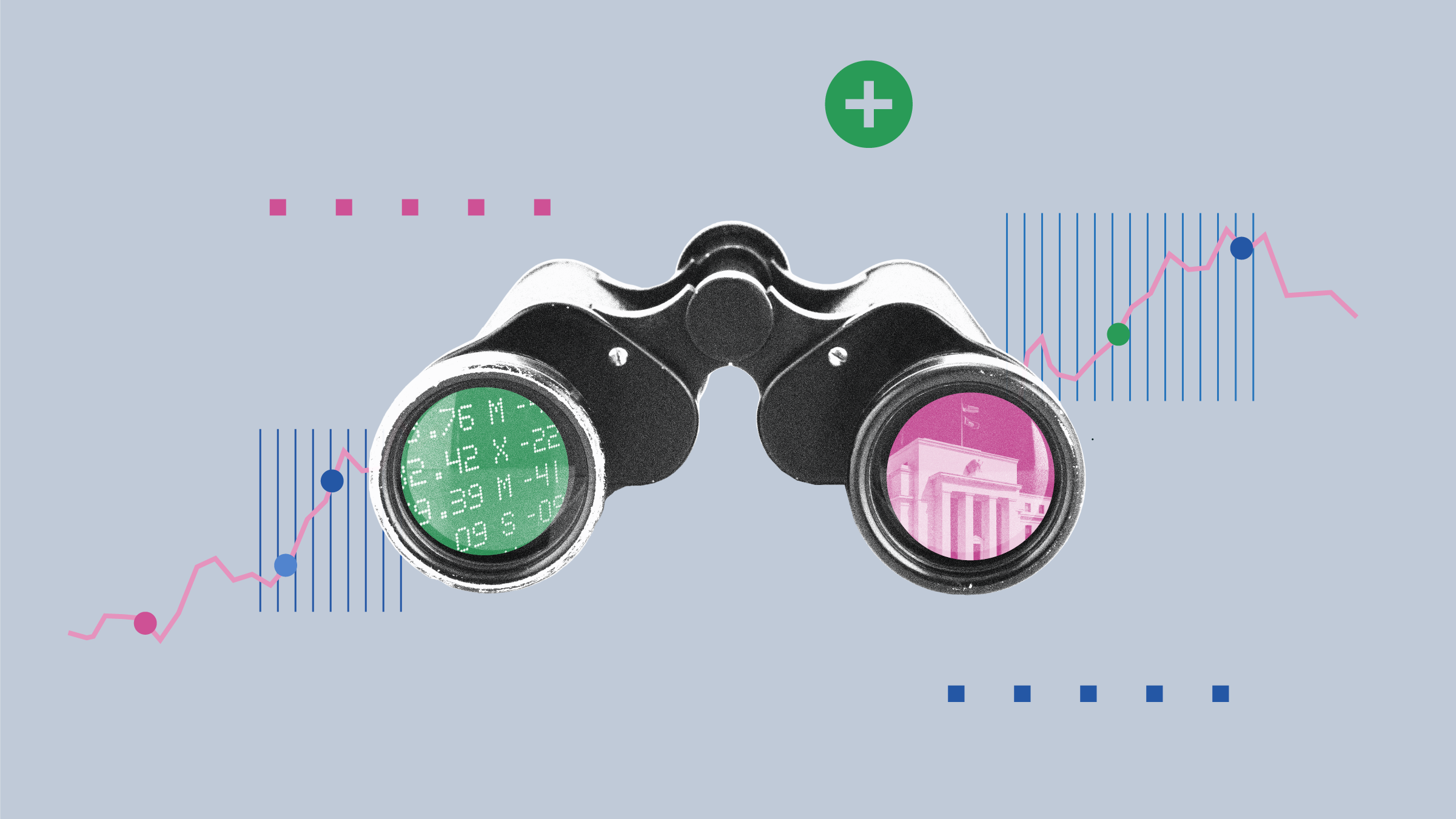Gregory Kocik believes that high-yield bonds are still attractive, yet he is more selective about new issues that might be considered for the $1.8-billion TD High Yield Bond.
"One phenomenon we've seen is that large exchange-traded funds have no choice but to buy the new issues, and they are coming at very expensive levels," says Kocik, managing director at Toronto-based TD Asset Management Inc. He notes that some companies are not offering concessions on new issues, as they have in the past.
"We're seeing deals at almost the same spreads as the older issues. Money pouring into the sector is pushing the values too high," says Kocik. "We're not participating."
Still, Kocik argues that some areas are attractive. In particular, he points to the auto-parts industry, which has become very profitable since the calamity of 2008-09.
"Free cash flow is quite high, despite the fact auto sales are 30% below the 20-year average. These bonds represent good value," says Kocik, noting that a typical holding is Lear Corp., whose BB-rated bond, callable in 2015, has a spread of 375 basis points (bps) over similarly dated U.S. treasuries that yield less than 40 bps.
Given unusually low yields on government bonds, the biggest challenge for high-yield bond managers is "that there is no textbook for what we're seeing today," says Kocik.
 |
|
 |
|
| Gregory Kocik | |
 |
|
 |
|
 |
In the past, rich yields helped to offset potential defaults. Today's yields, which on average are 580 bps over benchmark U.S. treasuries, make it tough to compensate for potential defaults, which stand at about 3%. "If we hit a recession, and defaults go up again, we're no longer as well covered as we were in the past," says Kocik, who acknowledges that a recession could be a few years away and low interest rates should help to keep default rates at low levels.
A native of Lodz, Poland, Kocik began his 23-year career as a corporate lender and later switched to investment management. After earning a bachelor of arts in international economics at University of Lodz in 1986, he landed a trainee position at Xerox Canada. In 1987, he enrolled at the Ivey School of Business at the University of Western Ontario, where he received an MBA in 1989.
Kocik worked for about two years in the Bank of Montreal's corporate-lending division. Then he moved to Daichi-Kangyo Bank, where he was a credit officer. Between 1993 and 1997, he worked for Deutsche Bank Canada as a credit analyst and account manager, dealing mostly with higher-risk companies.
In 1997, Kocik joined TD Asset Management as the head of credit research for all fixed-income funds. "I was actually a one-person credit department," he laughs, noting that his business experience certainly came in handy. In 1998, Kocik joined the team led by Doug Warwick on TD Monthly Income  . As of 2010, Kocik has focused solely on high-yield bonds for that fund, which has grown to $6.1 billion.
. As of 2010, Kocik has focused solely on high-yield bonds for that fund, which has grown to $6.1 billion.
Kocik has managed TD High Yield Bond since March 2000, although it was launched a year earlier by Canada Trust. "I took over just as NASDAQ and high-yield bonds peaked," recalls Kocik, adding that since then he has weathered two severe recessions.
The 2-star rated fund returned 12% for the 12 months ended Sept. 30, versus 11.7% for the median fund in the High Yield Fixed Income category. Over the last decade, it returned an annualized 5.5%, compared with 6.4% for the median.
It was 2008 that was particularly difficult as the fund lost 39.1%, which Kocik attributes to a heavy weighting in mid-sized industrial companies that fared much worse than expected. "It wasn't related to the credit risk. It was purely the fact they were small bond issues," says Kocik. Yet, as liquidity resumed in 2009 and Kocik took advantage of low prices, the fund rebounded by a massive 68.6%.
Seeking to apply the lessons of 2008-09, Kocik has become more defensive and is focusing on larger, more liquid names.
With about 100 primarily U.S.-based issuers in the fund, some of which have multiple securities, Kocik prefers companies with high barriers to entry, a management culture suited to handling a leveraged operation, strong sustainable free cash and a spread that compensates for assuming the risk. Single positions are limited to about 2%.
One representative issuer is EchoStar Corp. SATS, a U.S.-based global satellite television provider. It has a 2017-dated bond yielding 4.2%, versus 0.7% for five-year U.S. treasuries.
"The company has a very stable business model and, after paying interest on its debt and capital expenditures, a nice financial cushion for future unforeseen shocks," says Kocik. "The yield is fair, although I wouldn't go for the 10-year issue, which yields 5%. It's too far out into the future, and you're assuming too much interest-rate and credit risk."















